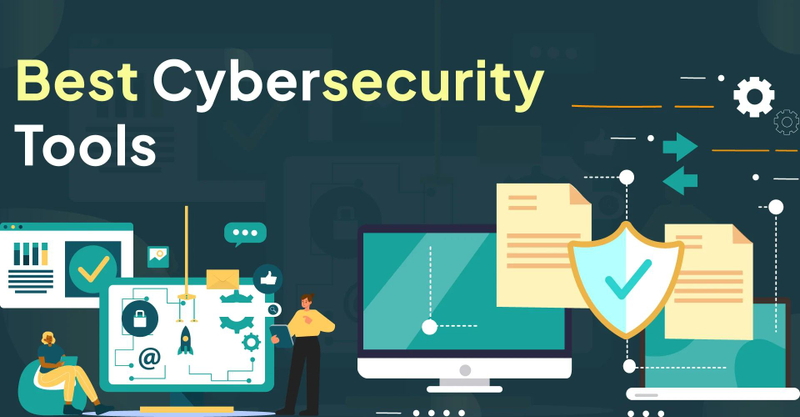With businesses rapidly moving to cloud environments, ensuring robust cloud security is more important than ever. Cyber threats like data breaches, ransomware, and unauthorized access can put sensitive information at risk. The good news? There are powerful cloud security tools designed to help you protect your business from these threats.
In this guide, we’ll explore the 10 best cloud security tools every business should use. Whether you're an IT professional or just starting your cybersecurity journey, these tools will strengthen your cloud security posture. And if you want to gain expertise in cybersecurity, consider enrolling in a Cybersecurity Course Patna to stay ahead of emerging threats.
1. Microsoft Defender for Cloud
Why Choose Microsoft Defender for Cloud?
- Provides threat protection across hybrid and multi-cloud environments.
- Uses AI-driven insights to detect and mitigate risks.
- Offers security recommendations to enhance cloud security configurations.
2. AWS Security Hub
Key Features of AWS Security Hub
- Automates security checks across AWS accounts.
- Provides centralized threat monitoring.
- Helps maintain compliance with industry security standards.
3. Google Chronicle
What Makes Google Chronicle Stand Out?
- Uses big data analytics to detect cyber threats in real-time.
- Offers continuous monitoring of cloud environments.
- Provides fast threat investigation and response.
4. Palo Alto Prisma Cloud
How Prisma Cloud Secures Your Business
- Ensures visibility and security compliance.
- Protects against misconfigurations and vulnerabilities.
- Supports security for containers, Kubernetes, and serverless applications.
5. IBM Security Guardium
Why Use IBM Security Guardium?
- Detects anomalies in cloud data activity.
- Helps enforce data compliance and security policies.
- Provides real-time alerts for unauthorized access.
6. Cloudflare Security Suite
How Cloudflare Enhances Cloud Security
- Protects against DDoS attacks and bot threats.
- Offers secure application access via Zero Trust architecture.
- Enhances web application security.
7. McAfee MVISION Cloud
What McAfee MVISION Cloud Offers
- Ensures secure cloud access with real-time visibility.
- Detects insider threats and shadow IT.
- Provides data loss prevention (DLP) policies.
8. Symantec CloudSOC
How Symantec CloudSOC Protects Your Data
- Monitors and analyzes cloud application activity.
- Prevents unauthorized data sharing and leaks.
- Uses AI-driven threat detection to spot malicious activity.
9. Check Point CloudGuard
Why Choose Check Point CloudGuard?
- Provides automated threat prevention.
- Secures multi-cloud environments.
- Ensures network security for cloud applications.
10. Trend Micro Cloud One
Key Benefits of Trend Micro Cloud One
- Delivers automated security updates.
- Protects against vulnerabilities in cloud workloads.
- Supports DevSecOps security integration.
Conclusion
Cloud security is critical for businesses operating in the digital age. By using tools like Microsoft Defender for Cloud, AWS Security Hub, and Palo Alto Prisma Cloud, you can strengthen your security defenses and prevent cyber threats.
If you're looking to build a career in cloud security or want to enhance your skills, consider enrolling in a Cybersecurity Course in Patna to gain hands-on expertise.
Which cloud security tool do you find most useful? Share your thoughts in the comments below!


